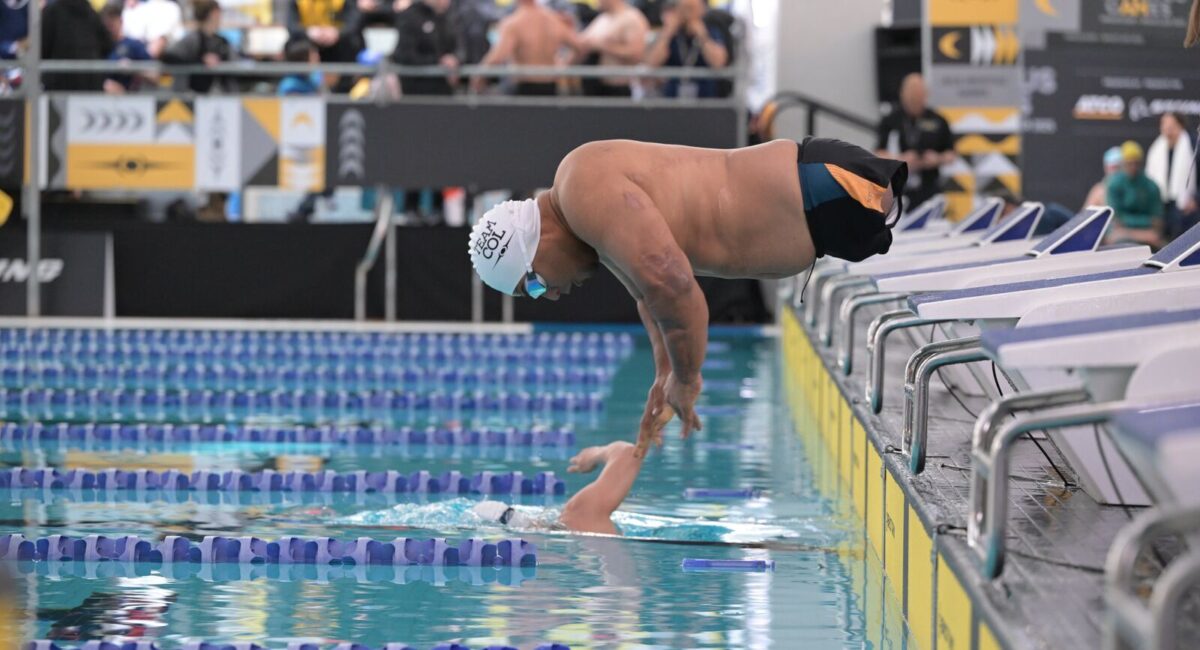The report, "Beyond the Finish Line," funded by the Forces in Mind Trust, and released as part of our 10 year anniversary last year, evaluated the impact of the Invictus Games on the well-being of international wounded injured and sick Service personnel and Veterans. The report emphasised the benefits of adaptive sports as a tool for rehabilitation and highlighted best practices for military sport recovery programs, including tailored plans for recovery.
At the Invictus Games Foundation, we know that every wounded, injured and sick service personnel and veteran’s (WIS) journey is unique. WIS face a wide range of challenges based on their individual experiences, injuries, and personal circumstances. That’s why the outcomes of sport for recovery can differ vastly from member to member, ranging from going on to elite sport at the Paralympics, the I AM Clubs for continued access to higher level sport, Powered by Invictus leagues for casual virtual programming, to employment opportunities or reengaging with society and family and friends to move forward with their recovery.
Our research has shown that veterans with both physical and psychological injuries often require specialized support to achieve the best outcomes. They face complex challenges that go beyond standard rehabilitation programs. To address this, the research highlights best practices within the participating teams that offer customised programs to Invictus Games competitors that offer a range of services, including specialised coaching, individualised support plans, and targeted mental health resources.
Tailored programs begin with understanding each veteran's unique needs, working closely with participants to assess their strengths, challenges, and goals. This personalised approach allows the creation of programs that are both effective and meaningful. For instance, veterans dealing with PTSD may benefit from quieter, smaller group sessions, while those with physical injuries may require specific adaptive sports equipment or modified training environments.
We also recognise that recovery is not a linear process; it requires ongoing adjustments and support. Programs might include regular check-ins, progress monitoring, and feedback sessions to ensure that each participant is receiving the right support at the right time. This dynamic approach helps WIS stay motivated, overcome setbacks, and continue progressing toward their goals.
By developing tailored programs, we see a more inclusive environment that recognises the diverse needs of our community. Every WIS community member deserves a path to recovery that is personalised, respectful, and effective, based on personal needs and assessments. At Invictus Games Foundation, we are dedicated to developing further best practice for provisions of that pathway.
To view the full report, click here.
